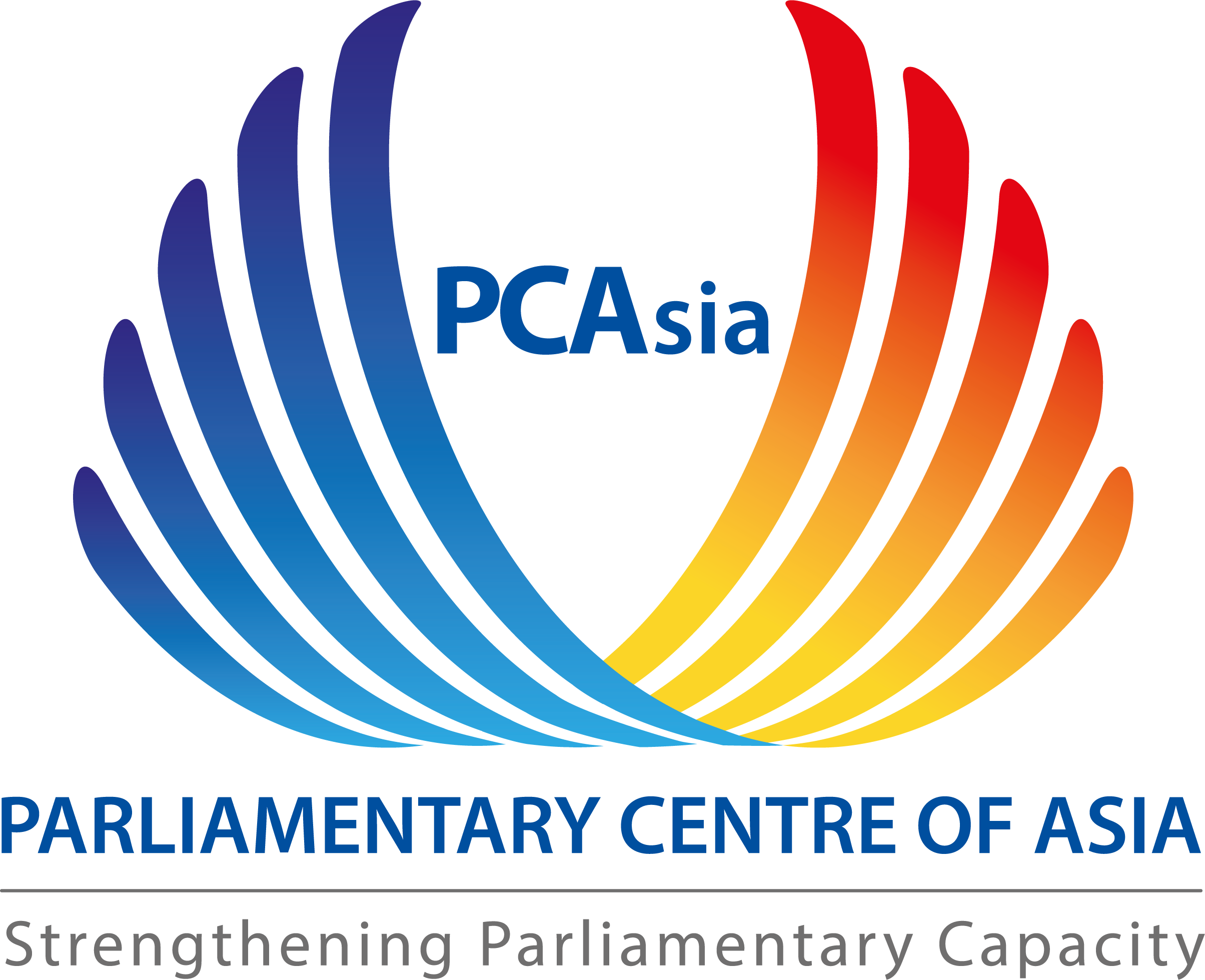Home » Briefing Notes
This publication is produced by the Parliamentary Institute of Cambodia (PIC), which is an independent institute established in 2011 at the request of Cambodian Parliamentarians to assist in strengthening the capacity of both the Senate and the National Assembly. PIC supports Cambodia’s Parliamentarians and parliamentary staff in gaining the skills and knowledge to fulfill their roles at the highest level of competence.
Translate »
